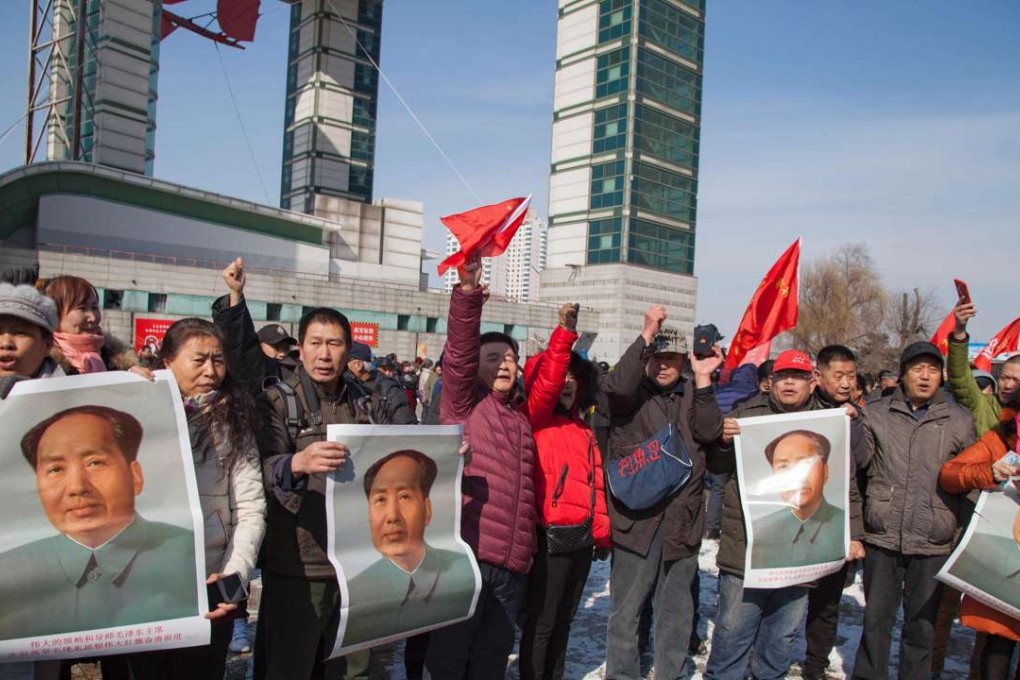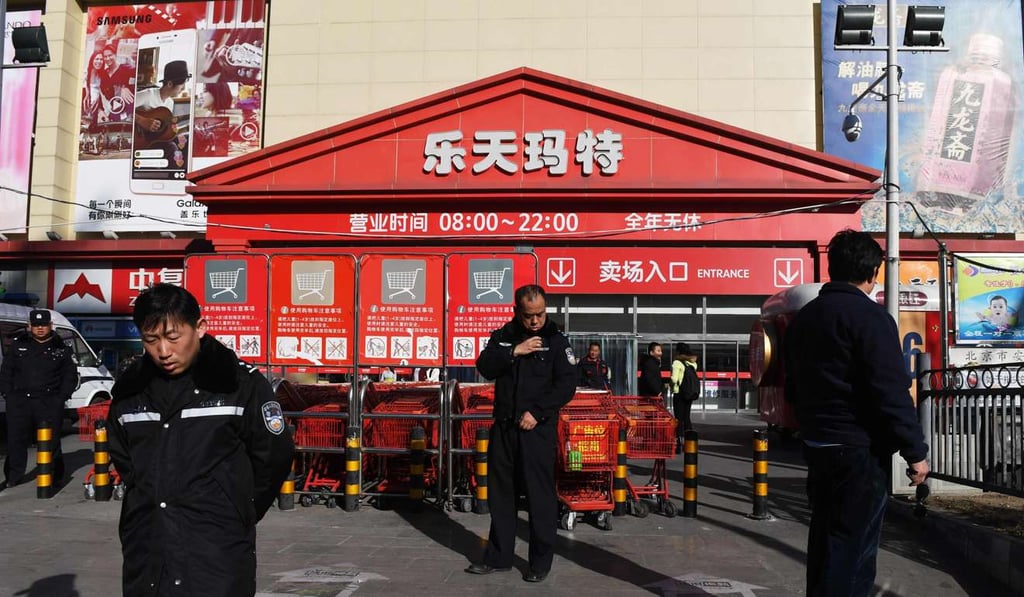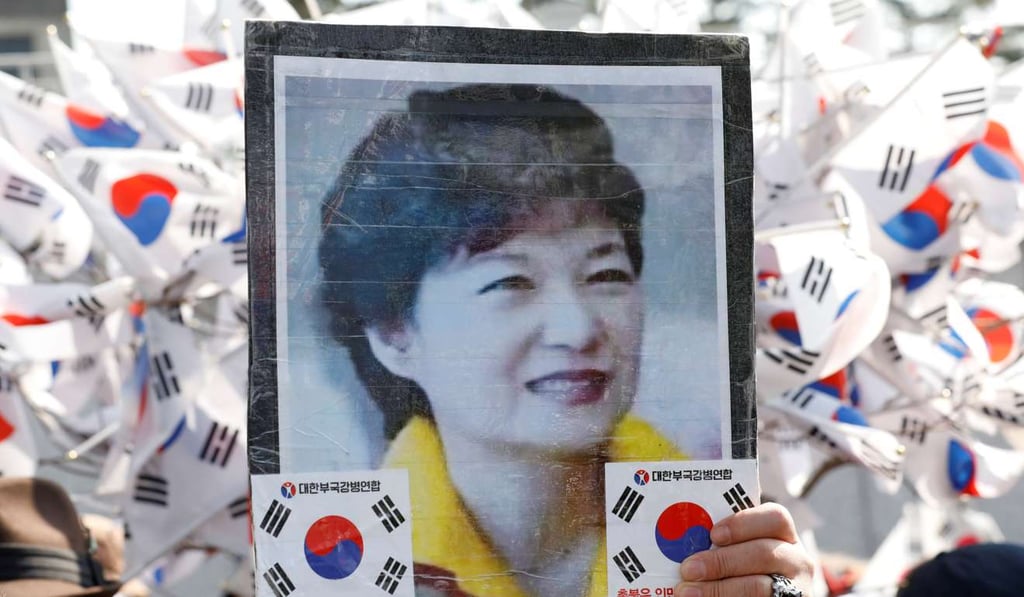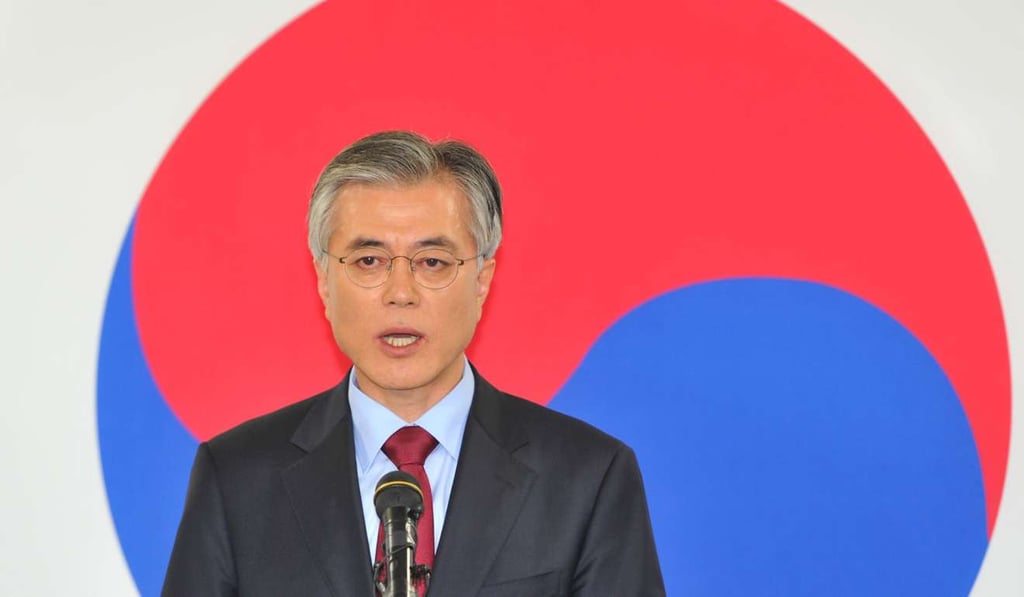On Reflection | Opinion: an echo of colonial Britain in China’s boycott against South Korea
More than 90 years ago Chinese workers in British-controlled Shanghai showed how a weaker power could show strength against a stronger one. But the long-term lessons of that seminal event appear lost on Beijing

On May 30, 1925, thirteen Chinese workers in British-controlled Shanghai were shot dead. Shortly afterwards, Guangzhou and Hong Kong were paralysed by a 16-month-long strike and boycott of British goods by Chinese workers in both cities, protesting at the deaths of their countrymen. The British authorities had to provide a multimillion-dollar payment to prevent the local economy from collapsing. At a time when China was horribly oppressed by Western powers, the boycott was one of the few effective ways in which a weaker power could show its strength against a stronger one.
The real reason China won’t exert economic pressure on North Korea
In the past few days, there has been an echo of 1925; Chinese authorities have encouraged a boycott of South Korean goods and shops in China. The overall effect is very different from that in 1925, however, because this time, it looks like a big, powerful country taking out its resentment on a smaller power that refuses to do what it is told.

Seoul wants THAAD, but do Koreans?
Now, Chinese consumers are being encouraged to boycott Korean goods and shops in China itself. Already, there are reports of supermarkets owned by the Korean company Lotte being deserted by their customers.


The boycott is particularly puzzling because it does greatest harm in the long term not to South Korea’s economy, but to China’s careful diplomatic attempts to portray itself as a cooperative and valued neighbour.
